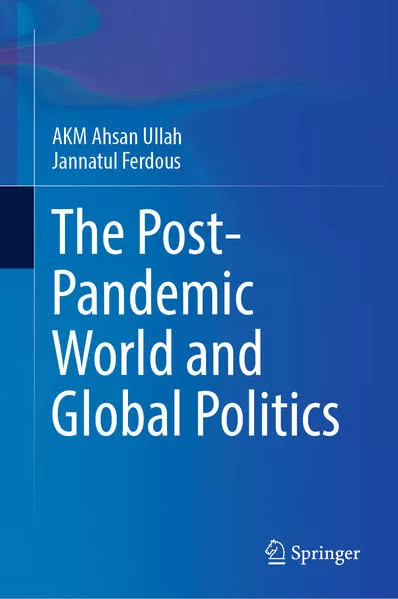
- Publikationen ca: 2
- Fragen & Antworten
A K M Ahsan Ullah
AKM Ahsan Ullah is Associate Professor in Geography, Environment and Development at the University of Brunei Darussalam (UBD). Dr Ullah’s research portfolio includes stints at the Southeast Asian Research Centre (SEARC), Hong Kong; IPH, University of Ottawa, McMaster University; Saint Mary’s University, and Dalhousie University, Canada; the American University in Cairo (AUC); City University of Hong Kong, Hong Kong, Osnabruck University, Germany, and Asian Institute of Technology (AIT), Thailand. His research areas include population migration, human rights, development, environment and health policy. Dr Ullah has contributed 60 scientific articles to refereed journals and at least 40 chapters in a number of books, and published 15 books.
Jannatul Ferdous is Associate Professor, Department of Public Administration, Comilla University, Bangladesh. Dr Ferdous received her bachelor, masters and MPhil in Public Administration from the University of Dhaka. Dr Ferdous contributed extensively to refereed journals and chapters in books. She published seven books. Her current interest includes governance, e-governance, trust, civil service system, gender, public policy, climate change, gender and development. Currently, she is serving as the Chair of the technical committee of the ‘Combating Gender-Based Violence’ project of UN Women. She is also serving as an assistant proctor of Comilla University.
The Post-Pandemic World and Global Politics
The book examines the impact of COVID-19 on economic and political processes, contending that the global reaction to the pandemic has been the largest failure in scientific policy in a generation. Unlike earlier crises, it has impacted the world's leading economies while also paralyzing international ties, provoking diverse and far-reaching reactions.
The Post-Pandemic World and Global Politics
The book examines the impact of COVID-19 on economic and political processes, contending that the global reaction to the pandemic has been the largest failure in scientific policy in a generation. Unlike earlier crises, it has impacted the world's leading economies while also paralyzing international ties, provoking diverse and far-reaching reactions.

